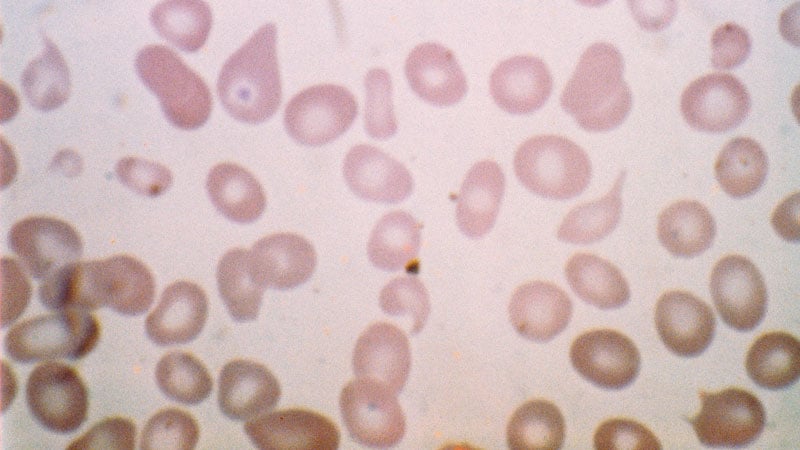The Committee for Medicinal Products for Human Use (CHMP) of the European Medicines Agency (EMA) has issued a positive opinion regarding the use of roxadustat (Evrenzo, Astellas Pharma/FibroGen) for the treatment of adults with symptomatic anemia associated with chronic kidney disease (CKD).
If approved by the European Commission, roxadustat will be the first orally administered hypoxia-inducible factor prolyl hydroxylase inhibitor (HIF-PHI) available in Europe.
The positive CHMP opinion is based on the results of a comprehensive phase 3 program of eight multicenter and randomized studies involving 9600 patients worldwide.
In these studies, the efficacy of roxadustat was demonstrated across the spectrum of CKD compared with placebo in nondialysis-dependent patients and compared with epoetin alfa (Epogen Procrit) in dialysis-dependent patients.
Collectively, they support the efficacy of roxadustat in achieving and maintaining target hemoglobin levels between 10 to 12 g/dL in patients with symptomatic anemia associated with CKD regardless of dialysis status and irrespective of prior treatment with an erythropoiesis-stimulating agent.
Evrenzo will be available as 20-, 50-, 70-, 100-, and 150-mg film-coated tablets. Approval by the European Commission is normally a formality that occurs within 60 days of CHMP issuing a positive opinion of a given agent.
The most common side effects of roxadustat are hypertension, vascular access thrombosis, diarrhea, peripheral edema, hyperkalemia, and nausea.
A US Food and Drug Administration advisory committee will meet on July 15 to assess whether to recommend approval of roxadustat for the same indication as the first agent from the HIF-PHI drug class.
Speaking at a US nephrology meeting in the spring, Volker H. Haase, MD, of Vanderbilt University in Nashville, Tennessee, said: “Having an oral anemia drug would certainly be an advantage, especially given some of the logistical issues of taking care of anemia in the outpatient setting.”
And Bernhardt Zeiher, MD, chief medical officer, Astellas Pharmaceuticals, said in a company statement: “Anemia of CKD remains an under-recognized and undertreated condition. Today’s positive CHMP opinion marks a significant step in providing patients with a new and important treatment option for anemia associated with CKD regardless of dialysis status.”
New Class of Drug, Questions About Safety Remain
HIF-PHIs are a new class of drug that triggers the body’s adaptations to hypoxia and encourages bone marrow to make more red blood cells thereby reducing anemia.
Roxadustat is already approved for the treatment of CKD anemia in Japan and China, as are a number of other agents in the class, including daprodustat (Duvroq, GSK) and vadadustat (Vafseo, Akebia Therapeutics/Otsuka Pharmaceutical) in Japan.
Haase said, however, that there remain unresolved concerns about the long-term safety of HIF-PHIs and potential adverse effects, including the risk of triggering cancers such as neuroendocrine tumors, causing pulmonary hypertension, or producing thromboembolic events, proangiogenic effects, or progression of CKD.
Haase has reported being an advisor to Akebia, AstraZeneca, FibroGen, Incyte, and Rockwell Medical.
Follow Medscape on Facebook, Twitter, Instagram, and YouTube.

